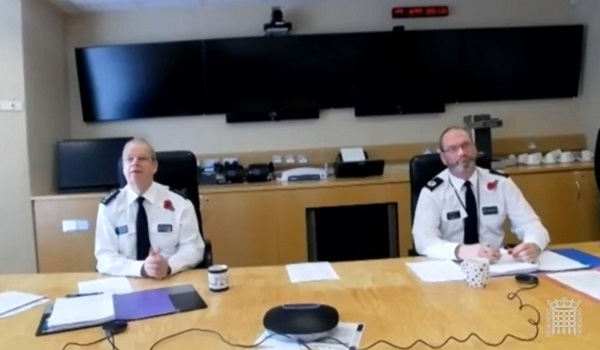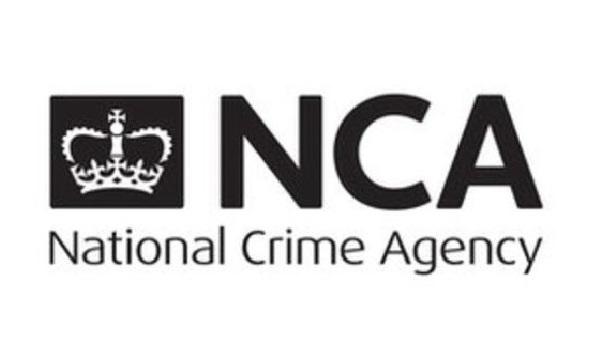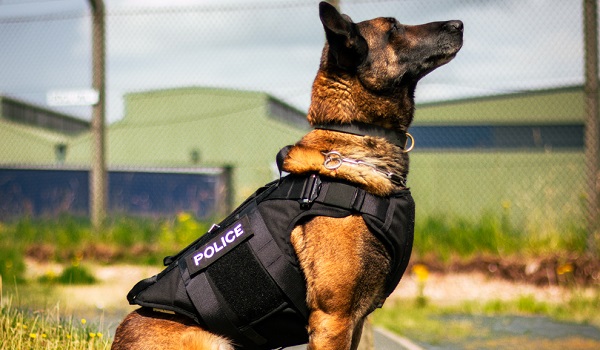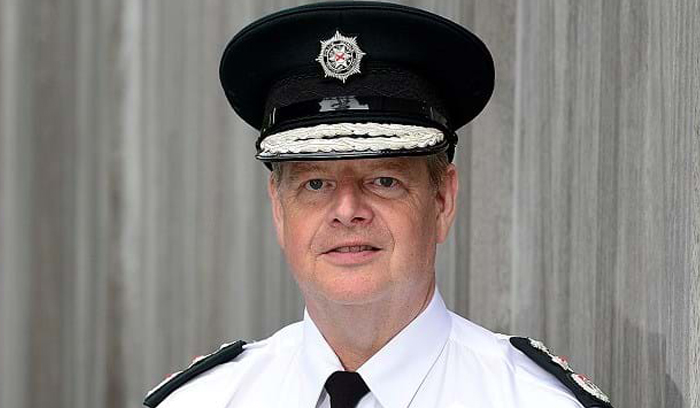NI could be conduit for drugs and weapons post-Brexit, police warn
Northern Ireland could be used to smuggle illegal drugs and weapons from the EU into Great Britain after Brexit, police have warned.
The Irish land border will remain porous and organised crime experts believe strengthened UK frontiers could prompt criminals to seek alternative routes via the Republic.
Unfettered access for Northern Ireland goods to the rest of the UK is a key principle of Britain’s negotiating stance with Brussels as part of wider efforts to protect peace process gains.
Police Service of Northern Ireland (PSNI) Chief Constable Simon Byrne warned against leaving a “soft underbelly” for gangsters to exploit.
He said: “We assess that Northern Ireland could act as the conduit for a range of goods from the EU into Great Britain.
“This will not only facilitate legitimate business, but also potentially a range of illegitimate businesses.”
The Irish border covers 310 miles from Lough Foyle in the west to Carlingford Lough, with more than 300 crossings points. Police forces on both sides work closely together to tackle criminality.
The Prime Minister has pledged to ensure unfettered access for Northern Irish goods to the rest of the UK following Brexit.
The PSNI chief constable appeared before the Northern Ireland Affairs Committee of MPs on Wednesday (November 4).
Mr Byrne added: “Further clarification regarding ‘unfettered’ access would be welcome.
“It is our concern that this could establish new and improved routes for importing of contraband into Northern Ireland and Great Britain, including drugs and weapons.”
He said law enforcement agencies will need increased resources to target criminal groups, gather intelligence on organised crime groups and improve search and detection capability at points of entry.
The PSNI added: “There is an associated risk linked to the trafficking of vulnerable persons.
“Enhanced information recording and data sharing relating to sea travel would greatly assist to deter and investigate the criminal exploitation of these routes.”
National Crime Agency operations director Steve Rodhouse warned that some criminals will see strengthened Great Britain borders as a risk and may take an “alternative route” to bring commodities into the UK via the Republic of Ireland.
He added: “It is helpful for UK security for the Republic’s borders to be as effectively policed as possible.”
He said extra policing at the UK’s borders could prompt a shift in criminal behaviour and warned they were agile.
“Our anticipation is there won’t be a fundamental change in early January 2021 but it may evolve with time as criminal perceptions change,” he said.
Police in Northern Ireland believe there are “significant opportunities” to develop new approaches such as a bespoke centre of excellence relating to crime cooperation and coordination with Irish counterparts.
The PSNI added: “Appropriate integration of operational and investigative collaboration across a range of agencies and remits would enhance existing capacity and capability based on the traditional collaborative ‘taskforce’ model.
“We would also seek to explore further innovative approaches such as the feasibility of immediate pursuit of serious offenders across jurisdictions.”
Police in Northern Ireland are armed while their Irish counterparts in the Garda are not, prohibiting hot pursuit of offenders south and leaving officers relying on communicating with each other via telephone to apprehend suspects.
Mr Byrne said: “What we are looking to do is see if we can develop that hot pursuit policy both ways further post-January to see if there is any way we can overcome these problems that we are armed and, largely, the Garda are not.”







